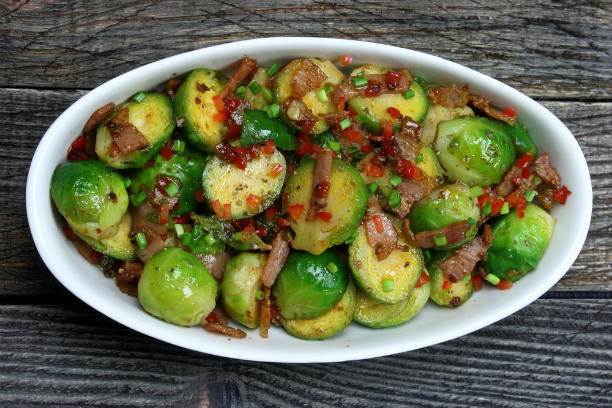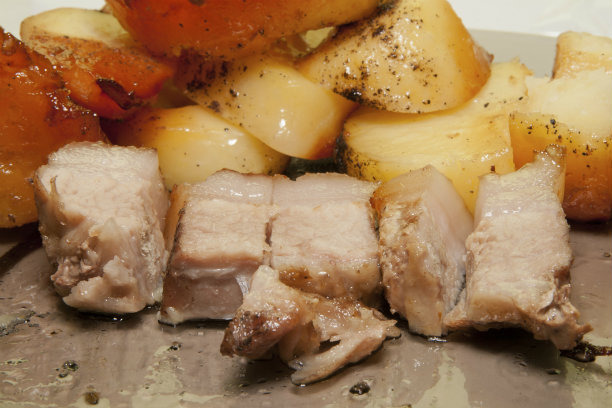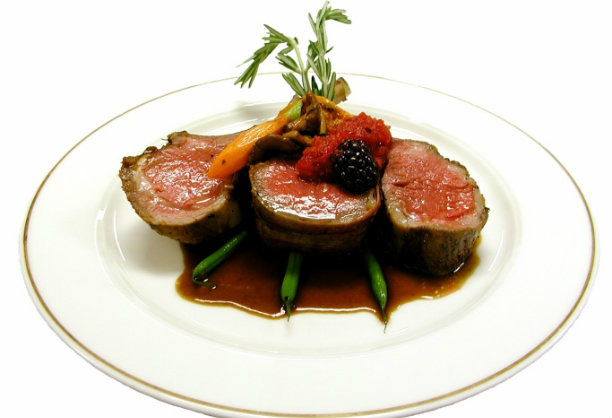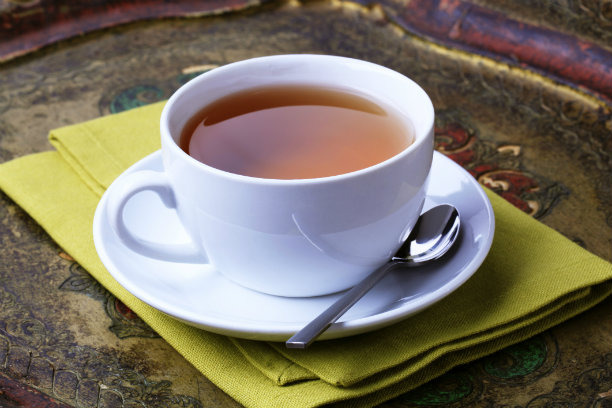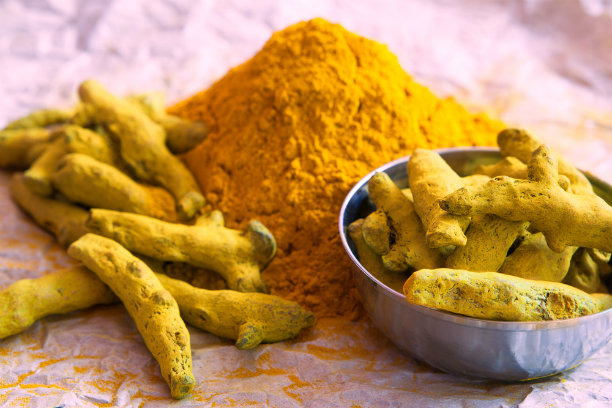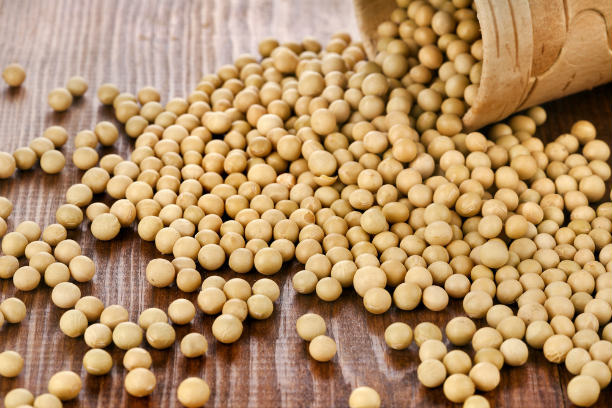10 Foods That Help Fight Disease (Slideshow)
These spiny little spheres pack a nutritious punch. If you have issues regarding digestion, Dr. Decotiis advises a diet rich in artichokes. Chlorogenic acid lives in the vegetables' leaves, and even the ancient Greeks and Romans were aware of its digestive benefits.
Prebiotic-Filled Foods
Our weight and overall wellbeing is largely determined by the foods we put into our bodies, as well as the bacteria they bring with them. "Prebiotics serve as nourishment to the beneficial bacteria of the intestines," says Dr. Decotiis. So if you want to keep your intestinal flora in check, start adding things like Brussels sprouts, garlic, shallots, onions, and Jerusalem artichokes to your meals. The addition of such ingredients puts you on track to prevent obesity and cardiac disease, plus it boosts the immune system.
Selenium-Filled Foods
Speaking of the immune system, selenium, like the more commonly known vitamin C and zinc, help the body battle germs and bad bacteria. "The minerals zinc and selenium are common deficiencies as it can be difficult to get enough from the average diet," explains Dr. Decotiis. If you suffer from colds and other immune-related viruses, its time to up your selenium reserves with Brazil nuts, mushrooms, sunflower seeds, oysters, shrimp, cooked tuna, and lean pork.
Zinc-Filled Foods
Zinc is a powerhouse of healing properties. Dr. Decotiis points out that zinc influences T- and B-cell immunity, making it your system's best friend come cold and flu season. Zinc not only helps prevent the common cold, but it can also help mitigate its duration. This scrappy mineral is also a crucial element in early childhood development. Zinc deficiency causes 800,000 childhood deaths around the world annually. Foods like crab, lamb, toasted wheat germ, pumpkin seeds, spinach, and cashews are zinc-rich and easily incorporated into any diet.
Green Tea
Aside from good ol' H2O, tea is the most widely consumed beverage worldwide. Tea has its roots in China and India, where people have been reaping its health benefits for centuries. Antioxidants termed polyphenols fend off free radicals that wreak havoc on your system, causing DNA damage and cell death. Green tea has shown to dramatically reduce occurrences of cancer, liver disease, diabetes, and atherosclerosis. So get your tea on and at the very least, give yourself an excuse to have a cookie to go with.
Coffee
Like green tea, coffee is another widely consumed libation with some serious advantages. Coffee beans contain significant levels of antioxidants which "are anti-aging and promote the body's ability to also regenerate and heal itself," says Dr. Decotiis. So the next time you need to defend your caffeine addiction, you can point to the fact that your morning cup o' joe is fighting the good fight against crow's feet.
More Antioxidants
Antioxidants aren't just found behind the counter of your local cafe. Fresh fruits and vegetables are key. To further promote cell health and prevent the production of cancer cells in the body, increase your intake of cocoa beans, cinnamon, and olive oil. These items all contain considerable antioxidant levels and prove to be simple dietary additions.
Foods that Affect Migraines
Migraines, while different from the other illnesses we've discussed here, affect millions of people. What many don't know is that certain changes in your diet can mitigate the painful symptoms associated with these headaches. Foods like dairy products, eggs, chocolate, citrus fruits, corn, tomatoes, and certain meats act as triggers for migraine sufferers and should be avoided. And while there is not one specific food that will prevent or cure a migraine, "pain safe" basics like brown rice and cooked vegetables help your body subdue the severity of a migraine's effects.
Turmeric
This magical Asian spice is truly a jack-of-all-trades when it comes to health benefits. Start sprinkling it in your favorite sauces, marinades, and meat dishes for an extra kick, as well as some added bonuses. In addition to being a proven cancer preventative, (6) turmeric is a natural painkiller, anti-inflammatory agent, and antidepressant. Oh, and did we mention its ability to aid in the prevention of Alzheimer's by removing plaque in the brain? Pretty amazing stuff for a feisty little spice.
Foods to Avoid
And lastly, Dr. Decotiis recommends steering clear of a few dietary items altogether. These include artificial sweeteners containing aspartame, margarine, non-organic soy and soy products, and of course "try to avoid anything with more than a smidgen of high fructose corn syrup," she advises.

